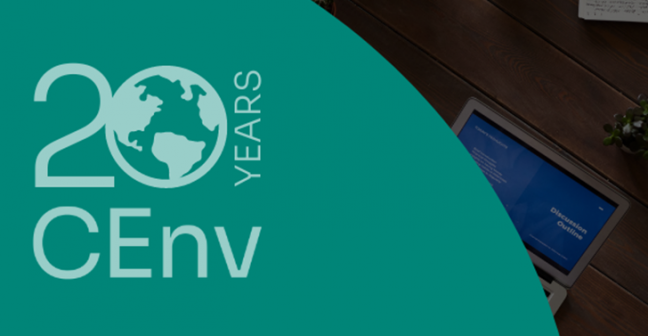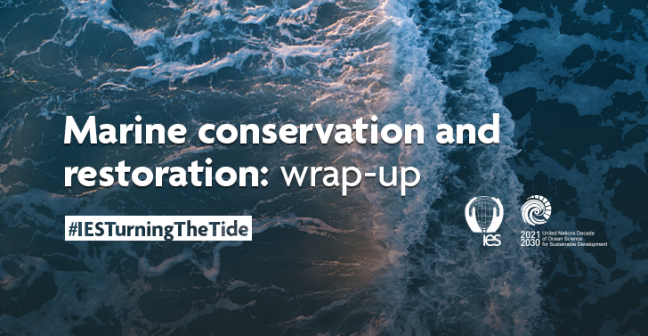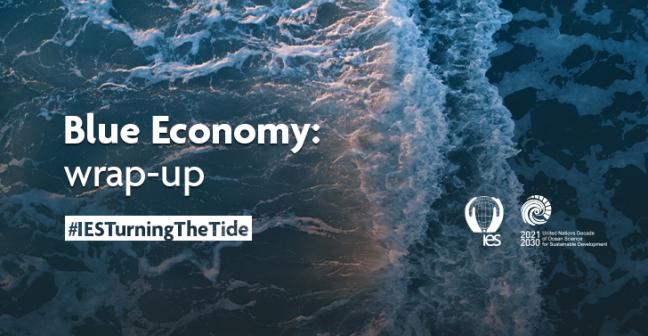I’ve always enjoyed geography and science, but it wasn’t until university that I truly saw a career path forming. During a careers module, an environmental engineer spoke about her typical day, and I could immediately picture myself in her...
Blog content
To mark 20 years of SocEnv, we spoke to Will Pope, one of its founders, to reflect on the progress made since then.
What has been the impact of SocEnv on your career?
I’m not sure I have a single answer to this, I think there might be a couple at least. I was already a...
Earlier this year, the IES' Land Condition Community Early Careers Network hosted a 'speed networking' session: a chance for members to virtually mingle and get to know peers and industry experts alike. The event was well-received and we were especially glad to hear that a...
For the fourth and final theme of our UN Ocean Decade endorsed project, Turning the Tide: Systems thinking for a sustainable ocean, we focused on marine conservation and restoration. To explore this topic, we published articles and hosted a range of events in collaboration with experts in the...
The concept of the Blue Economy covers any and all activities taking place in the coastal and marine environment. This encompasses a wide range of activities, including fisheries and aquaculture, maritime transport, renewable energy (such as offshore wind and tidal), tourism, seabed mining,...
On the 23rd May, the Community for Environmental Disciplines in Higher Education (CEDHE), hosted their annual forum: Innovating Environmental Science Education.
The forum shared a vision for optimism, evidence and skills based on the IES Future of ES23 project, Transforming the...






